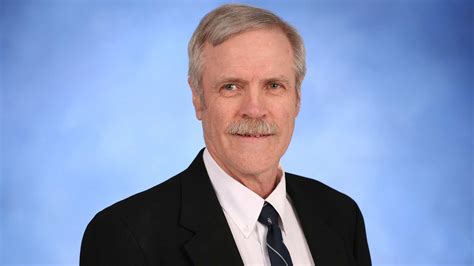A Quote by Martin Chalfie
Indeed, we often mark our progress in science by improvements in imaging.
Related Quotes
The history of science, like the history of all human ideas, is a history of irresponsible dreams, of obstinacy, and of error. But science is one of the very few human activities-perhaps the only one-in which errors are systematically criticized and fairly often, in time, corrected. This is why we can say that, in science, we often learn from our mistakes, and why we can speak clearly and sensibly about making progress there. In most other fields of human endeavour there is change, but rarely progress ... And in most fields we do not even know how to evaluate change.
Anxieties about ourselves endure. If our proper study is indeed the study of humankind, then it has seemed-and still seems-to many that the study is dangerous. Perhaps we shall find out that we were not what we took ourselves to be. But if the historical development of science has indeed sometimes pricked our vanity, it has not plunged us into an abyss of immorality. Arguably, it has liberated us from misconceptions, and thereby aided us in our moral progress.
Israel welcomes the wind of change, and sees a window of opportunity. Democratic and science-based economies by nature desire peace. Israel does not want to be an island of affluence in an ocean of poverty. Improvements in our neighbours' lives mean improvements to the neighbourhood in which we live.
We often say that our science is objective and accurate, but we don't often say that our science is incomplete - that although the established parts of natural science are very well tested and the evidence makes a compelling case for things being as they've been described, there nevertheless are open questions that we cannot answer.
A lot of the medical imagery has to do with my own biography. I had open heart surgery, I had knee replacements, I had a hiatal hernia, etc. Every time you go for surgery, you get a whole spectrum of imaging. Of course, I've been doing research in imaging technology across the board for close to twenty years. When you think about it, medical imaging is actually quite new. The first major medical image was the x-ray in 1895. That was the first time you got imaging of anything that's in the bodily interior.
Whether we fail or not, we shall not be kept from continuing our mission by those who claim it can't be done. ...Indeed the whole of agricultural and livestock science and even human medicine, if sound, is merely the business of discovering certain natural patterns already in existence, putting together the various pieces and discovering their relationship to the whole universe; indeed such a process is science itself
The progress of science is tremendously disorderly, and the motivations that lead to this progress are tremendously varied, and the reasons why scientists go into science, the personal motivations, are tremendously varied. I have said ... that science is a haven for freaks, that people go into science because they are misfits, and that it is a sheltered place where they can spin their own yarn and have recognition, be tolerated and happy, and have approval for it.
The progress of science requires the growth of understanding in both directions, downward from the whole to the parts and upward from the parts to the whole. A reductionist philosophy, arbitrarily proclaiming that the growth of understanding must go only in one direction, makes no scientific sense. Indeed, dogmatic philosophical beliefs of any kind have no place in science.





































